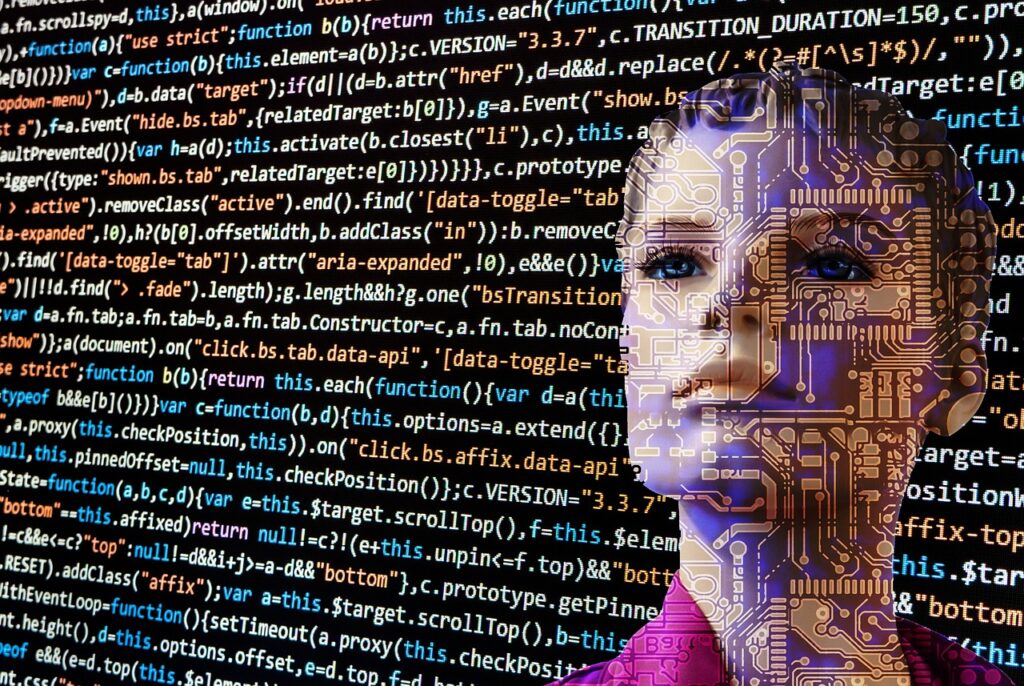
How has AI changed the role of content writers?
The field of content writing has also seen a rapid transformation thanks to artificial intelligence (AI). The role of content writers has changed significantly over the past 10 years because of AI’s emergence as a potent tool for content production and optimisation. The way content is generated and consumed has undergone substantial changes because of AI, from idea generation to increased efficiency. In this essay, we’ll examine the many effects AI has had on content writers’ jobs and the implications it has for the field’s future.
The automation of specific jobs is one of the most obvious developments brought about by AI in article production. The development of AI-powered writing tools has eased the traditionally time-consuming process of creating content. These tools create high-quality material faster than a human writer could by combining machine learning and natural language processing. They can create new pieces, product descriptions, blog posts, and social media updates. Now that they have these tools at their disposal, content writers may focus on more creative and strategic parts of their work while freeing up time.

Concerns concerning the future of human content authors have been raised by the advent of AI-generated content. Many people worry that AI will completely replace people, making their abilities obsolete. Even though AI can automate some processes in content creation, it still lacks the human touch. The depth, originality, and emotional intelligence that human writers contribute to their work are frequently lacking in AI-generated content. It still can’t comprehend nuanced human emotions or human experience. Therefore, rather than replacing their skills, content writers should see AI as a supplement.
Additionally, AI has significantly impacted content optimisation. A key component of content production is search engine optimisation (SEO), which affects how quickly a piece of material is found by search engines. AI-powered SEO tools can examine enormous volumes of data, spot trends, and offer insightful advice to help content creators optimise their work for higher search engine placement. These tools may analyse competition strategies, provide suitable terms, and even forecast search trends. Content authors can increase their content’s visibility and reach a larger audience by utilising AI in SEO.
In addition, content customisation has never been possible on such a large scale thanks to AI. Content creators can employ AI algorithms to analyse user information and behaviour trends to provide tailored content recommendations. Based on a user’s interests and previous interactions, AI-powered recommendation systems can make suggestions for articles, movies, or purchases. This degree of customization improves the user experience and enables content creators to adapt their work to the wants and needs of their target market. material writers may forge deeper connections with their audience and encourage greater engagement by producing material that speaks to their readers.

The development of chatbots and virtual assistants is another important AI-related trend. These conversational AI agents are made to communicate with users in natural language. They can respond to frequently asked queries, offer customer service, and even have deep dialogues. Writing content for chatbots and virtual assistants is now required to make sure that the AI-powered interactions are accurate and seamless. Because of this, content creators must switch to a more conversational writing style and organise their work to support chatbot interactions.
Additionally, content analysis and performance tracking have been transformed by AI. The performance of their material can now be better understood by content creators by utilising analytics solutions driven by AI. These systems can monitor user behaviour, track engagement metrics, and give immediate feedback on the effectiveness of the material. With the use of this information, content creators may determine what content is effective and ineffective, make data-driven decisions, and adjust their content strategy as necessary. material writers may create material that resonates with their target audience while continually improving their work thanks to AI-powered analytics.
Hitem Hard Media, 2023
Social share
